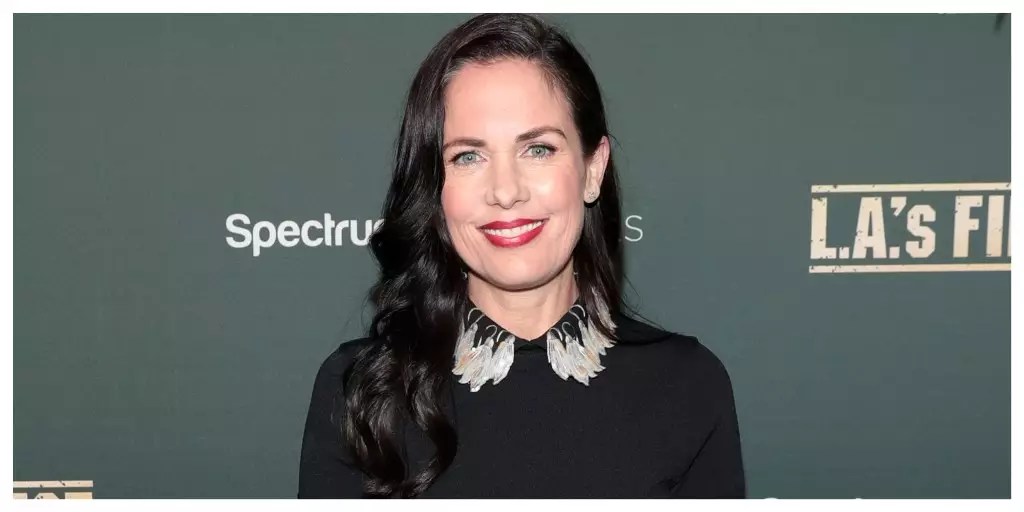As the landscape of television continues to evolve at a rapid pace, industry leaders often find themselves reflecting on past practices to navigate present challenges. During her keynote interview at the MIA event in Rome, Katherine Pope, the president of Sony Pictures Television Studios (SPT), emphasized the importance that previous structures and experiences can hold for future productions. Her journey from NBCUniversal to Sony, spanning over a decade, highlighted the lessons that today’s professionals could adopt from traditional broadcasting models. During the conversation, Pope brought attention to the rhythm required within the U.S. broadcast system, a tempo that demands swift production without compromising quality.
While the industry has grappled with the consequences of a production boom—a byproduct of streaming services and increased competition—Pope expressed optimism. She indicated that the rigor once synonymous with the classic broadcast era is slowly making a comeback. This reemergence, according to her, could serve both creative and financial ends, creating a “budgetary friction” that spurs innovative solutions. This friction, often encountered in tight schedules or limited resources, can lead to unexpected breakthroughs that enrich the storytelling process.
Looking ahead, Pope ventured to predict a harmonious blend of the best practices from traditional broadcasting alongside the artistic freedoms that have emerged over recent years. She believes that the television realm is on the cusp of forging a uniquely modern framework, one that allows producers to leverage the structure of yesteryear without sacrificing the creativity of contemporary storytelling. This synthesis would resonate significantly within SPT’s diverse portfolio, which currently includes the highly anticipated final season of *The Boys*, its spinoffs, and an exciting range of projects, such as the *Spider Noir* film and the *For All Mankind* spinoff.
A point of pride for Pope is Sony’s unwavering focus amid the bustling dynamics of the industry. She noted, “It has been a super volatile time in the business, but Sony has been singularly focused.” This steadfast approach stands in stark contrast to the frenzied competition influenced by the so-called “streaming wars.” Pope’s sentiment emphasizes an organizational ethos centered on creative storytelling rather than merely riding the waves of fleeting trends. By prioritizing rich narrative experiences over the chaos, SPT hopes to cultivate an identity rooted in timeless storytelling.
Among her many observations about the production process, Pope vocalized her admiration for SPT’s flagship series, *The Boys*, which she sees as indicative of the studio’s mounting influence and the evolving tastes of audiences. She proclaimed this anti-superhero series as an emblem of success and scalability within the current ecosystem, commending its record-high viewership. She elaborated on her aspiration for the series to continue trending upward—a trajectory that aligns with her “holy grail” of television: a show that grows in popularity and viewership with each successive season.
However, the challenges of audience retention in a saturated market are ever-present. Pope voiced her concerns regarding the delays often faced between seasons, particularly criticizing the emergent trend of data-driven decision-making that complicates timely renewals. She argued that this approach is detrimental not only to the production industry but also disrupts the viewer’s journey, leading to frustration among dedicated fans. “The experience of watching eight episodes and then two years later watching the next eight is not a good fan experience,” she asserted, underscoring the importance of maintaining a healthy cadence of content delivery.
To counter the inertia within production timelines, Pope advocates for a more proactive approach to script-writing and development, aiming to streamline processes to better serve fan communities. By recognizing the inexorable march of time in a world where content availability flourishes, SPT aims to remain agile and responsive. The ability to engage fully with audiences while embracing innovative production methodologies is essential.
In an industry subject to continuous change, the insights of experienced executives like Katherine Pope offer critical guidance. The interplay of dedication, creative flexibility, and an unwavering commitment to quality storytelling will undoubtedly mold the future of television production, fostering a vibrant environment where unforgettable narratives can thrive.


Leave a Reply